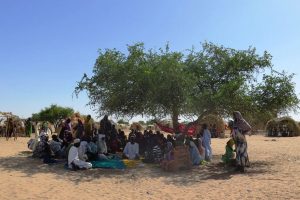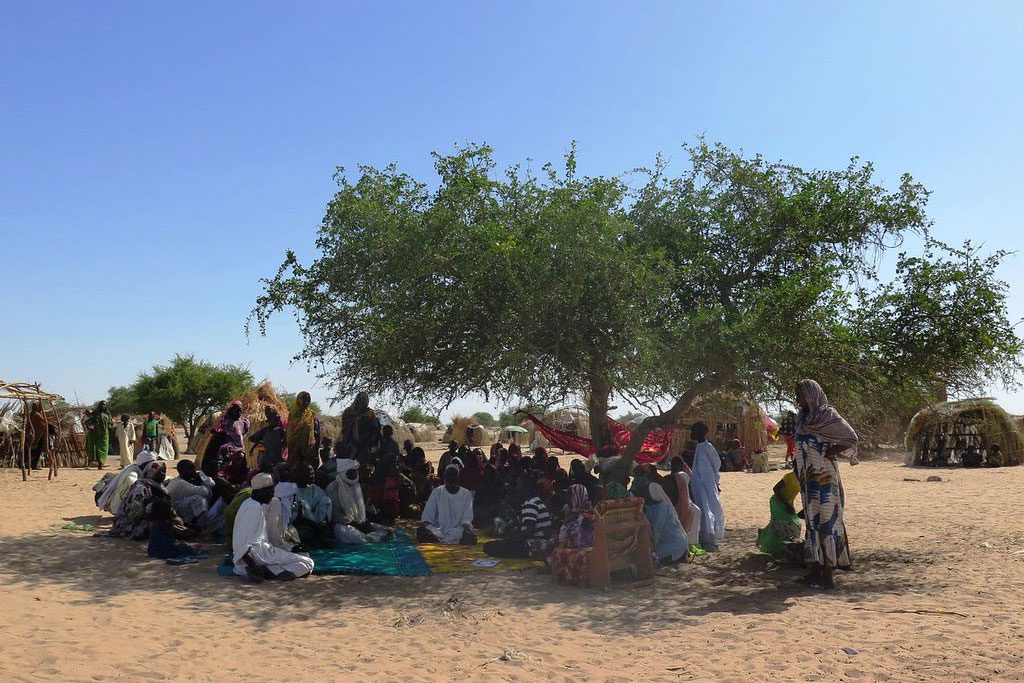On Friday, February 24, the countries of the Lake Chad region – Cameroon, Chad, Niger and Nigeria, donor governments such as Norway and Germany, the United States and the United Kingdom, and international organisations are gathering for the Oslo Humanitarian Conference on Nigeria and the Lake Chad Region.

It is imperative that they all come ready with commitments to address the grave humanitarian crisis in the region – both politically and financially, 17 million lives, mostly children and women, depend on it.
Boko Haram’s violent conflict which broke out eight years ago in northeast Nigeria saw a horrific campaign of attacks on civilians and mass abductions. The killings and destruction spread into four countries and developed into a violent confrontation engaging the security forces of the region. It has cost thousands of lives and pushed millions of ordinary people from their homes.
Out of the 17 million people directly suffering from the consequences of this crisis, more than seven million of them are going hungry – a population more than the size of Berlin and Madrid combined.
Millions live in lawless, conflict-affected areas where it is hardest for people to get the aid they need. The information available suggests that many are on the brink of starvation.
‘We are late’
Humanitarian agencies are on the ground, and organisations including Norwegian Refugee Council and Oxfam are working to deliver life-saving assistance. But the uncomfortable truth that we must face is that we are late.
The bulk of the relief effort has only begun to scale up in the past year, and it still falls far short of what is needed to save lives and protect people from further harm.
The situation remains extremely fragile, particularly in Nigeria where 400,000 people could be living in famine-like conditions, and without urgent funding and access to these populations, we could see the situation worsen.

